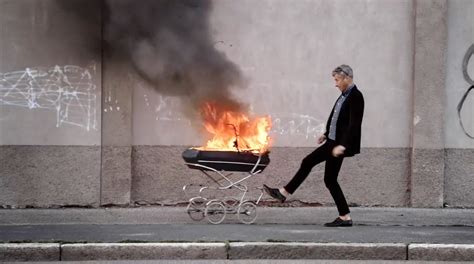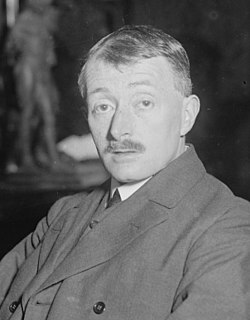A Quote by Leslie Fiedler
I admire Ginsberg as a poet, despite the fact that he seems not to know when he is being good and when he is bad. But he will last, or at least those poems will last.
Related Quotes
What profession is more trying than that of author? After you finish a piece of work it only seems good to you for a few weeks; or if it seems good at all you are convinced that it is the last you will be able to write; and if it seems bad you wonder whether everything you have done isn’t poor stuff really; and it is one kind of agony while you are writing, and another kind when you aren’t.
One of the surest tests of the superiority or inferiority of a poet is the way in which a poet borrows. Immature poets imitate mature poets steal bad poets deface what they take and good poets make it into something better or at least something different. The good poet welds his theft into a whole of feeling which is unique utterly different than that from which it is torn the bad poet throws it into something which has no cohesion. A good poet will usually borrow from authors remote in time or alien in language or diverse in interest.
In that last dance of chances I shall partner you no more. I shall watch another turn you As you move across the floor. In that last dance of chances When I bid your life goodbye I will hope she treats you kindly. I will hope you learn to fly. In that last dance of chances When I know you'll not be mine I will let you go with longing And the hope that you'll be fine. In that last dance of chances We shall know each other's minds. We shall part with our regrets When the tie no longer binds.
We never know when we too will be called into eternity. I doubt if even one of those people who got on those planes or walked into the World Trade Center or the Pentagon last Tuesday morning thought it would be the last day of their lives. They didn't - it didn't occur to them. And that's why each of us needs to face our own spiritual need and commit ourselves to God and his will now.
Nothing (at least that can be done by humans) immortalizes anyone. The Fault in Our Stars will hopefully have a long and wonderful life, but it will eventually go out of print, and eventually the last person ever to read it will die, and then the characters will no longer live in any consciousness.Also, that is okay. That is good, actually. That is how it should be. One of the things the characters in this novel have to grapple with is the reality of temporaryness. What Gus in particular must reconcile himself to is that being temporary does not mean being unimportant or meaningless.
The prospect of a world that contains neither humans nor Z's is not so terrifying. Nature will take its world back. Animals will frolic and fight. There will be no lord of the manor, which is not such a bad thing, because it seems to me that people have done a pretty poor job of guiding the biosphere for the last few thousand years.





































